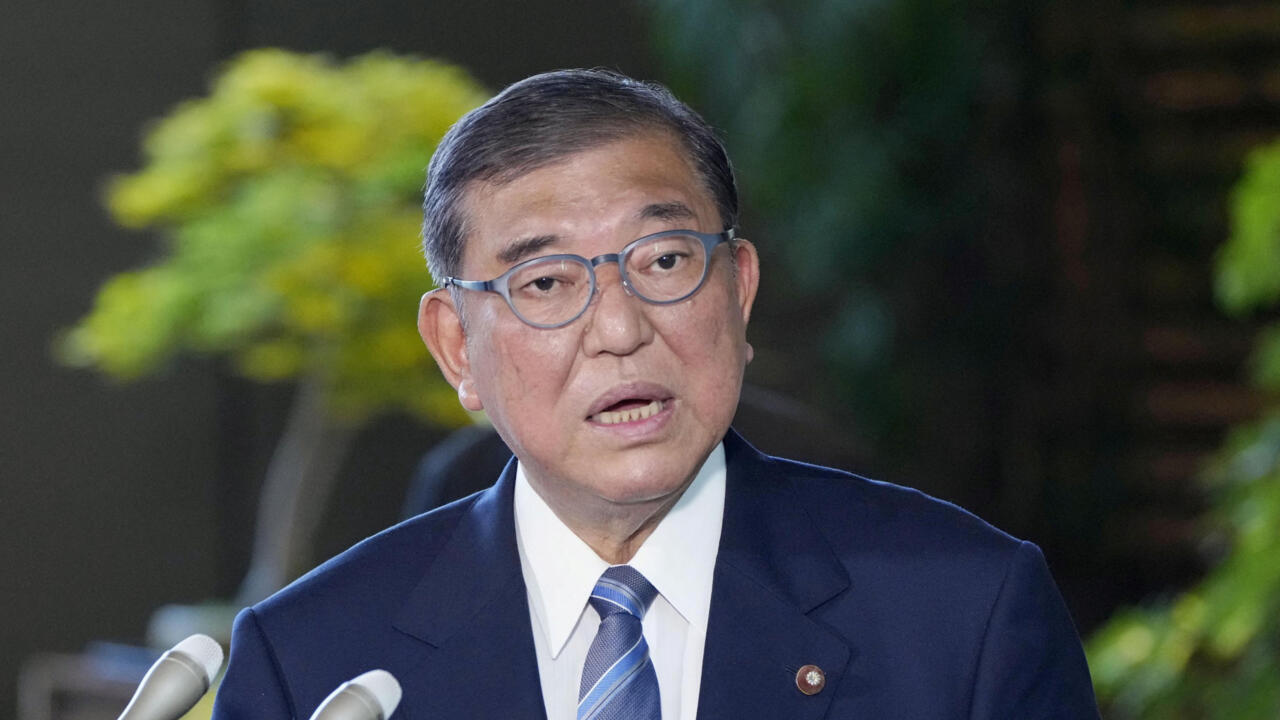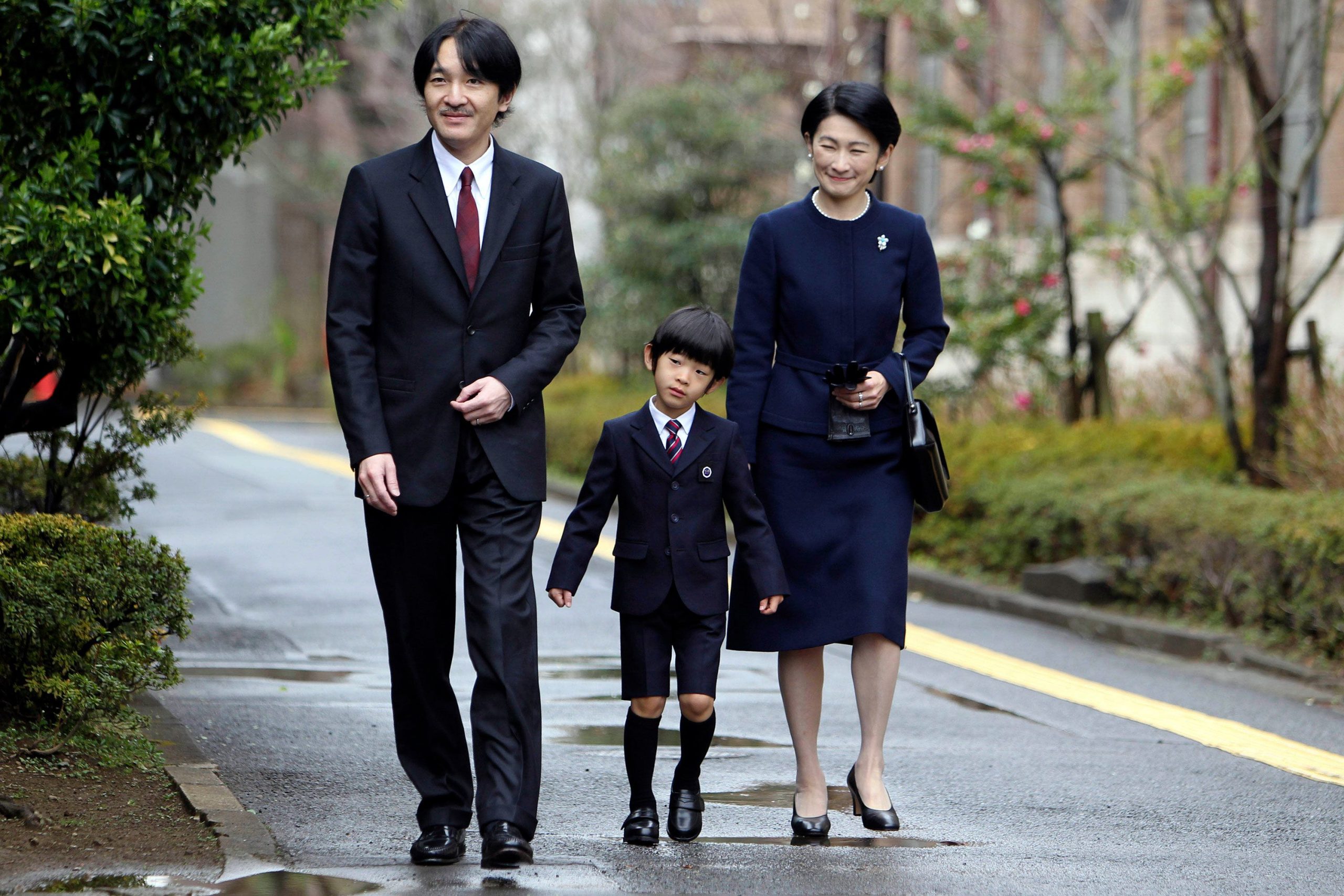In a dramatic turn of events, Japan’s political scene has been shaken by the resignation of Prime Minister Shigeru Ishiba, who stepped down following a series of electoral defeats that left his party weakened and struggling to maintain its influence. Ishiba’s decision came after months of speculation and growing pressure from opposition parties as well as members of his own Liberal Democratic Party (LDP). This resignation highlights the vulnerability even experienced politicians face when public sentiment shifts, demonstrating the impact of voter expectations on Japan’s governance. Behind the headlines, citizens are reflecting on what the resignation means for the country’s political stability, economic prospects, and social policies. This article explores the circumstances leading to Ishiba’s resignation, the consequences for Japanese politics, public reactions, and the potential direction of the government moving forward.
- The Road to Resignation
- The Electoral Defeats
- Ishiba’s Resignation Announcement
- Political and Economic Implications
- Public Reaction
- Looking Ahead
- Frequently Asked Questions
- What prompted Japan’s Prime Minister to resign?
- Who are the potential successors to Ishiba?
- What challenges will the new prime minister face?
- How has the public reacted to Ishiba’s resignation?
- What are the implications of the LDP losing its majority?
- Conclusion
The Road to Resignation
A Series of Political Setbacks
Shigeru Ishiba, a veteran politician with decades of experience and a former defense minister, assumed office with the goal of addressing Japan’s pressing economic and social challenges. Despite his experience, Ishiba faced mounting difficulties as his party suffered consecutive losses in regional and national elections. Analysts indicate that these setbacks were not simply due to his leadership style but also reflected broader public frustrations over rising living costs, wage stagnation, and slow progress on social reforms. “Voters were signaling that they wanted tangible change,” says political analyst Haruto Sakamoto. “Even a seasoned leader like Ishiba could not ignore the demand for new approaches and solutions.”
Public Discontent and Policy Challenges
Ishiba’s administration confronted economic pressures such as inflation, trade imbalances, and the complexities of managing Japan’s global relations. Citizens expressed dissatisfaction with stagnant wages, rising housing costs, and limited access to essential services. In addition, minor scandals involving several LDP members, although not directly connected to Ishiba, eroded the public’s confidence in the party as a whole. The combination of economic strain, political controversies, and voter expectations set the stage for electoral losses and ultimately influenced Ishiba’s decision to resign.
The Electoral Defeats
Impact on the LDP
The July elections marked a historic setback for the LDP. For the first time in decades, the party lost substantial representation in both the upper and lower houses of parliament, jeopardizing its ability to maintain a majority. Traditionally dominant in Japanese politics, the LDP’s defeat signaled a significant shift in public sentiment. Opposition parties capitalized on the momentum, positioning themselves as credible alternatives and promising reforms to address citizens’ concerns. The losses reflected widespread dissatisfaction and served as a warning that political complacency could no longer be tolerated.
Voter Sentiment
Post-election surveys highlighted that voters were motivated more by practical concerns than ideology. Citizens expressed a desire for leadership that could deliver real improvements in their lives, including better employment opportunities, more accessible healthcare, and government transparency. The electoral results made it clear that the public wanted decisive action, pressuring Ishiba to either enact rapid reforms or step aside to allow new leadership to emerge.
Ishiba’s Resignation Announcement
Decision Amid Pressure
Despite initially resisting calls to resign, Ishiba eventually acknowledged the reality of his political position. In a nationally broadcast statement, he admitted that his leadership had not fulfilled public expectations and called for unity within the LDP to elect a new leader capable of restoring confidence. “Leadership is not only about governing but also about listening,” Ishiba stated. “I hope my resignation allows the party and the nation to move forward with renewed focus and determination.”
Immediate Reactions
Ishiba’s resignation sparked a wave of reactions across Japan. Commentators praised his decision as responsible and respectful of the electorate’s message. Questions immediately arose about the succession process and how quickly the LDP could consolidate support behind a new prime minister. Within hours, potential candidates began preparing their campaigns, setting the stage for a closely watched internal leadership contest that could shape Japan’s political direction for years to come.
Political and Economic Implications
Leadership Contest
The LDP now faces the challenge of selecting a successor who can unify the party while appealing to a skeptical electorate. Leading contenders include Sanae Takaichi, a lawmaker with conservative views and a focus on national security, and Shinjiro Koizumi, a progressive figure known for advocating environmental reforms and modernization policies. The chosen leader will need to address pressing domestic concerns while maintaining Japan’s strategic relationships internationally, balancing both political stability and public expectations.
Economic Concerns
Political uncertainty carries significant economic implications. Investors and business leaders are monitoring the leadership transition closely, concerned about potential policy shifts that may affect trade, fiscal stability, and foreign investment. Analysts warn that prolonged uncertainty could hinder economic recovery, while a decisive and credible new prime minister could restore confidence in domestic and international markets.
Foreign Policy Considerations
Japan’s international role remains crucial, particularly in Asia-Pacific security and trade partnerships. Ishiba’s administration had emphasized cooperation with the United States, South Korea, and ASEAN nations. The new leader will need to maintain continuity in foreign policy while navigating emerging regional tensions, particularly related to North Korea and China. Diplomatic stability will be critical to maintaining Japan’s credibility on the global stage.
Public Reaction
The resignation elicited varied responses from Japanese citizens. Some viewed it as a responsible acknowledgment of electoral accountability, while others worried about potential political fragmentation and delays in addressing urgent social and economic issues. Media coverage focused on the historical significance of the resignation and the broader implications for Japan’s political culture. Across social media platforms and public forums, citizens expressed hopes for leadership that is accountable, transparent, and capable of delivering tangible improvements in their daily lives.
Looking Ahead
Japan now enters a period of political transition. The LDP must conduct a leadership election, manage internal divisions, and respond to the electorate’s demands for real change. International observers are closely monitoring the process, aware that Japan’s political stability affects regional security and economic partnerships. The new prime minister will be tasked with addressing economic challenges, demographic decline, social welfare needs, and foreign relations. Ishiba’s resignation closes one chapter but opens the possibility for reform, renewal, and a more responsive government that reflects the will of its citizens.
Frequently Asked Questions
What prompted Japan’s Prime Minister to resign?
Prime Minister Shigeru Ishiba resigned following consecutive electoral defeats that weakened his party’s majority in both houses of parliament. Economic challenges, voter dissatisfaction, and minor party scandals contributed to the decision.
Who are the potential successors to Ishiba?
Potential candidates include Sanae Takaichi, focused on conservative policies and national security, and Shinjiro Koizumi, known for progressive reforms and modernization initiatives. Other senior LDP figures may also compete for leadership.
What challenges will the new prime minister face?
The new leader must address economic recovery, demographic issues, social welfare challenges, and foreign policy concerns while restoring public trust and maintaining party unity.
How has the public reacted to Ishiba’s resignation?
Reactions are mixed, with some citizens expressing relief and hope for change while others worry about potential political instability and delays in addressing urgent issues.
What are the implications of the LDP losing its majority?
The loss of a parliamentary majority signals potential political fragmentation, more competitive elections, and heightened scrutiny of leaders’ ability to deliver on policy promises. Coalition dynamics may play a larger role in governance moving forward.
Conclusion
Shigeru Ishiba’s resignation marks a pivotal moment in Japanese politics, reflecting the electorate’s demand for accountability and effective governance. The LDP now faces the challenge of electing a leader who can unite the party, respond to public demands, and maintain stability at home and abroad. While Ishiba’s departure closes one chapter, it also presents an opportunity for political renewal, reform, and a government that is more attuned to the needs and aspirations of the Japanese people. The coming months will determine how Japan navigates this transition and whether the new leadership can restore confidence and chart a clear path forward.



















